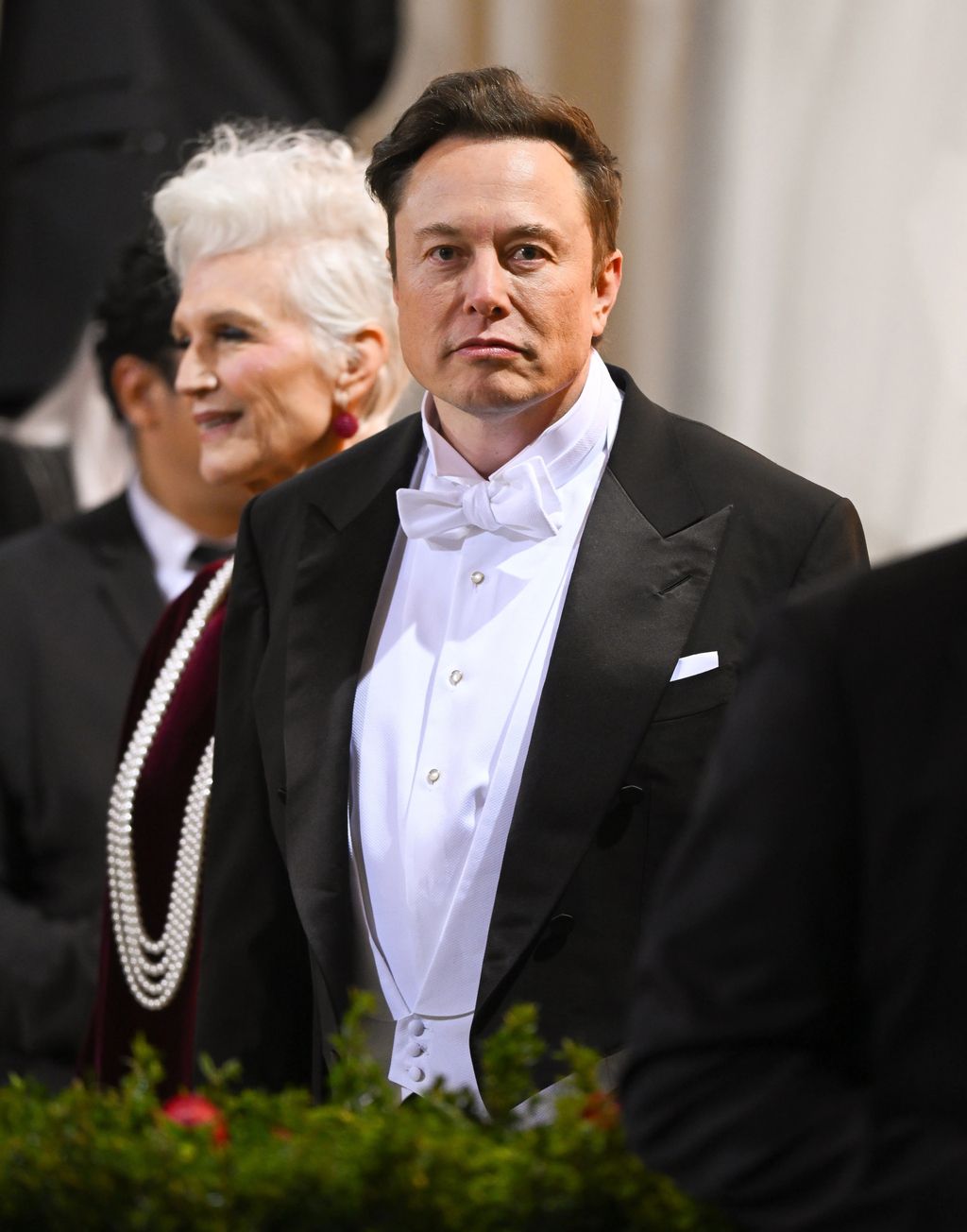Can a father truly sever ties with his child, or is the bond unbreakable? Vivian Jenna Wilson, once known as Xavier Alexander Musk, has taken significant steps to distance herself from her billionaire father, Elon Musk. In a bold move, she filed a legal petition to change her name and gender, signaling a decisive break from the man who shaped her early life. This decision underscores the complex dynamics of familial relationships when personal identity clashes with public perception.
Vivian Jenna Wilson, the eldest child of Elon Musk and novelist Justine Wilson, was born in 2002. Her journey toward self-discovery began at an early age, marked by moments that hinted at her unique personality. According to Musk's own admission on social media, young Xavier exhibited traits associated with both autism and homosexuality, which contributed to feelings of gender dysphoria. By the time she reached adulthood, Vivian had come into her own identity as a transgender woman, choosing to live authentically despite the challenges posed by her famous lineage.
| Bio Data | |
|---|---|
| Name (Legal) | Vivian Jenna Wilson |
| Former Name | Xavier Alexander Musk |
| Date of Birth | May 18, 2002 |
| Place of Birth | Pretoria, South Africa |
| Parents | Elon Musk & Justine Wilson |
| Siblings | Twin brothers: Griffin & Xavier; Triplet brothers: Damian, Kai, Saxon; Half-siblings: X Æ A-Xii, Y & others |
| Education | Details Unavailable |
| Career | Trans Activist, Public Speaker |
| Public Appearances | Interviews, Social Media Advocacy |
| Reference | BBC News Article |
In July of last year, Vivian gave her first major interview, offering insight into her relationship with her father and the broader context of their estrangement. During this conversation, she addressed allegations made by Elon Musk regarding her transition, including his claim that she had succumbed to what he termed the woke-mind virus. Such statements have drawn criticism from within the trans community and beyond, highlighting the tension between generational perspectives on gender identity. Despite these controversies, Vivian remains steadfast in her advocacy for trans rights and continues to voice her experiences publicly.
The loss of another child looms heavily over this narrative. Nevada Don Musk, the couple’s firstborn son, passed away shortly after birth due to sudden infant death syndrome (SIDS). This tragedy undoubtedly impacted the family dynamic, though details remain sparse. As Justine Wilson later recounted in interviews, the emotional toll of losing a child can alter one's outlook on parenthood entirely. For Elon Musk, whose professional endeavors often overshadow his personal life, such events may have further complicated his approach to parenting and understanding his children's needs.
Amidst growing scrutiny over reproductive ethics, Elon Musk recently faced backlash for reportedly using sex-selective IVF during conception processes involving surrogate mothers. While not directly tied to Vivian's case, these revelations sparked renewed debate about genetic engineering and its implications for future generations. Critics argue that such practices could perpetuate harmful stereotypes or undermine individual autonomy, particularly concerning intersex individuals and those questioning their gender identities. Meanwhile, supporters emphasize the importance of parental choice and technological advancement in fertility treatments.
Vivian Jenna Wilson's story serves as a poignant reminder of the intersectionality inherent in discussions around celebrity culture, scientific innovation, and human rights. Her courage in asserting her true self amidst intense public attention reflects broader societal shifts towards greater acceptance of diverse identities. Yet, it also exposes lingering biases and misunderstandings that persist even among progressive circles. As debates continue surrounding issues like trans healthcare access and representation in media, stories like hers provide valuable lessons about empathy, resilience, and the enduring quest for authenticity.
Beyond mere headlines, this situation invites reflection on how we perceive fame and familial obligations. When high-profile figures navigate private matters under constant media scrutiny, lines blur between accountability and invasion of privacy. Furthermore, questions arise regarding whether public figures possess special responsibilities toward modeling inclusive behaviors or if they should be granted latitude to grapple privately with evolving social norms. Regardless of stance, it becomes clear that narratives involving prominent personalities often transcend individual circumstances, influencing collective attitudes and policies worldwide.
Ultimately, Vivian Jenna Wilson stands testament to the power of self-determination and the complexities involved in reconciling legacy with lived experience. Through her actions, she challenges conventional notions of filial duty while advocating fiercely for marginalized communities. Her journey exemplifies the ongoing struggle for recognition and respect faced by countless others navigating similar paths—a struggle amplified yet ultimately defined by inner strength rather than external validation.




